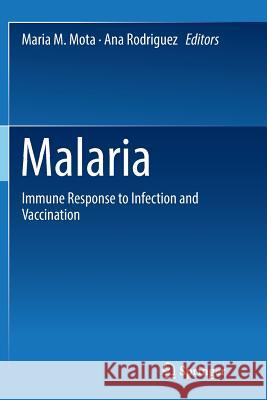Malaria: Immune Response to Infection and Vaccination » książka
topmenu
Malaria: Immune Response to Infection and Vaccination
ISBN-13: 9783319832395 / Angielski / Miękka / 2018 / 278 str.
Kategorie BISAC:
Wydawca:
Springer
Język:
Angielski
ISBN-13:
9783319832395
Rok wydania:
2018
Wydanie:
Softcover Repri
Ilość stron:
278
Waga:
0.40 kg
Wymiary:
23.39 x 15.6 x 1.52
Oprawa:
Miękka
Wolumenów:
01
Dodatkowe informacje:
Wydanie ilustrowane











